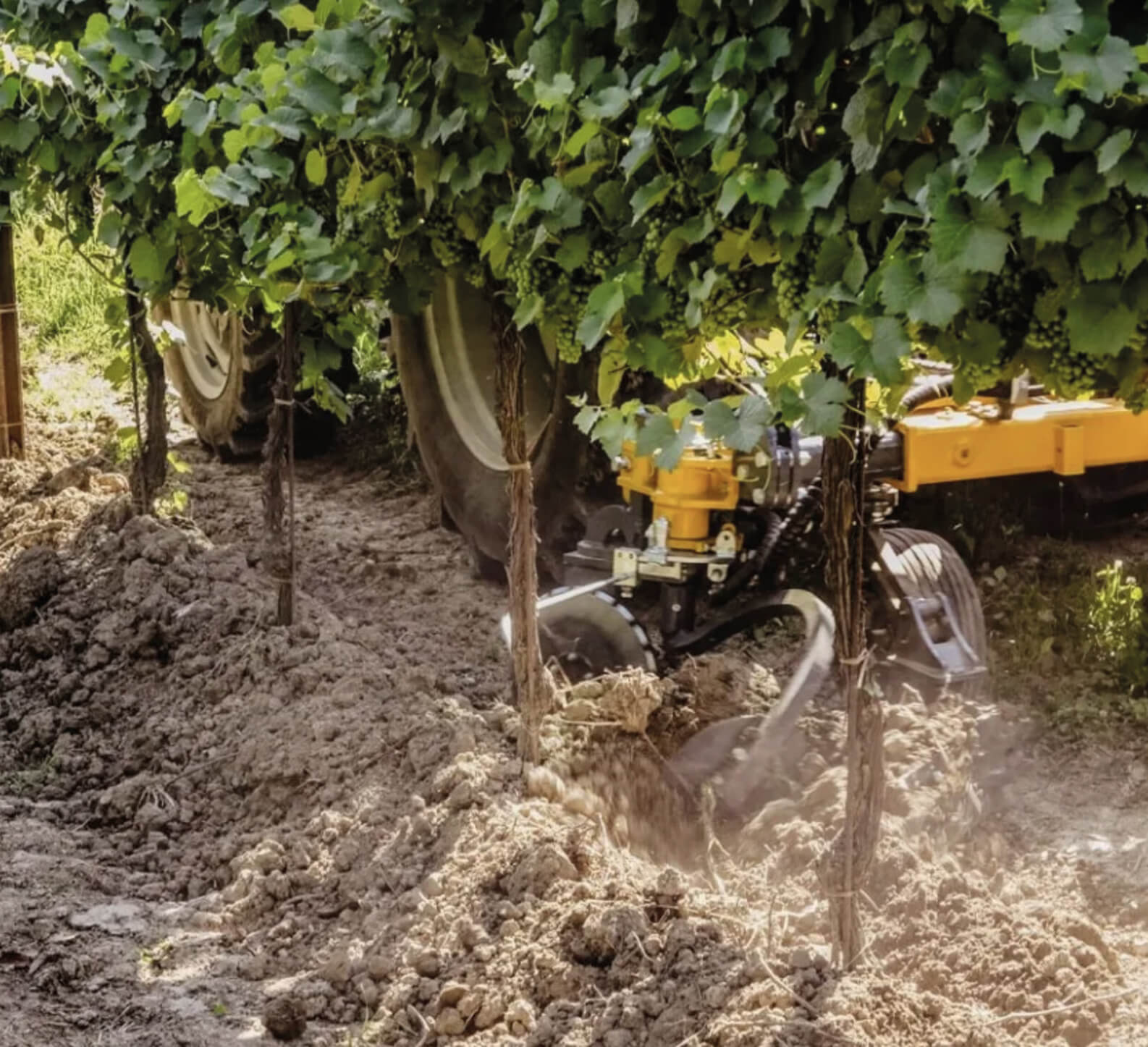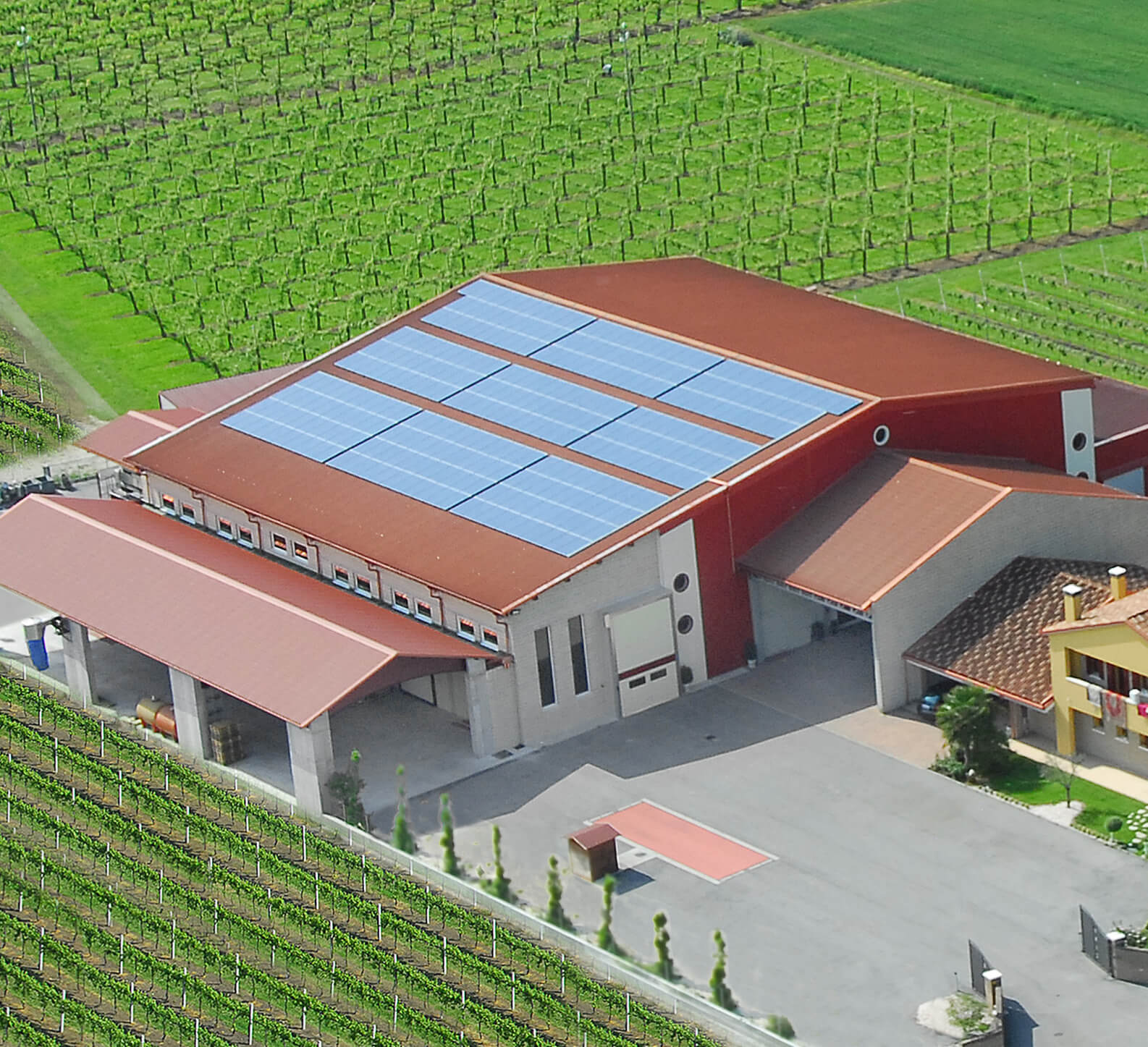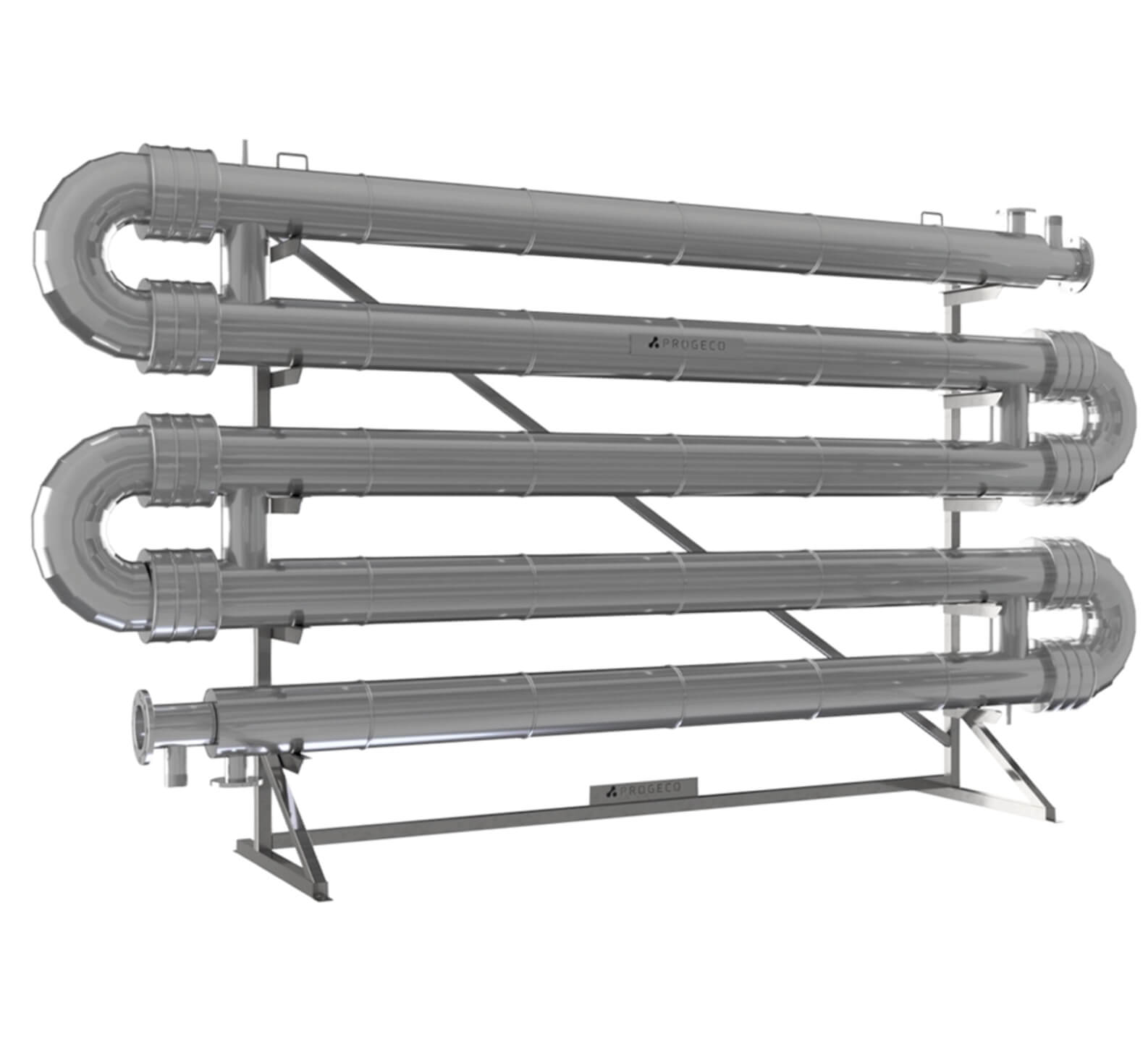
The territory, heritage and good for all

Over the years, the Cà Baradei agricultural company has become particularly sensitive in making investments aimed at making its choices ethically and economically sustainable. To carry out phytosanitary treatments in its vineyards it has special recovery atomisers which allow the most efficient spraying from both an ecological and economic point of view. These machines differ from traditional ones in that they recover 95% of the mixture supplied, avoiding its dispersion in the air and significantly reducing losses to the ground.
Furthermore, the tractor's exhaust gas emissions are also reduced thanks to a power requirement that is more than 50% lower than most other conventional sprayers. The efficient recovery system of the sprayed mixtures allows for less air pollution which becomes even more important in sensitive and protected areas such as those near roads and inhabited places.

Mechanical processing is also preferred to the use of synthetic chemical products used with the weed control technique for tilling the soil. To work the intra-row (portion of soil along the row between one vine and another) we work the soil physically, eradicating the weeds.

In the cellar, the electrical energy used to cool the stainless steel tanks is almost entirely derived from that produced by the photovoltaic panels that we have on the roof of the cellar; Only in the month of the harvest are we unable to cover 100% of the energy needs, however investments are planned in the expansion of a second 130KW photovoltaic system

To reduce night-time electricity consumption deriving from the cooling of the musts during the harvest period, we have installed a grape cooling system that allows us to significantly reduce the temperature of the bunches that we receive during the hot days, thus exploiting the energy as much as possible solar converted by photovoltaic panels. This solution allows you to have the greatest energy expenditure during the daytime hours when electricity is sustainable and maintain the temperature of the wine vessels during the night time periods, therefore using smaller quantities of electricity.

